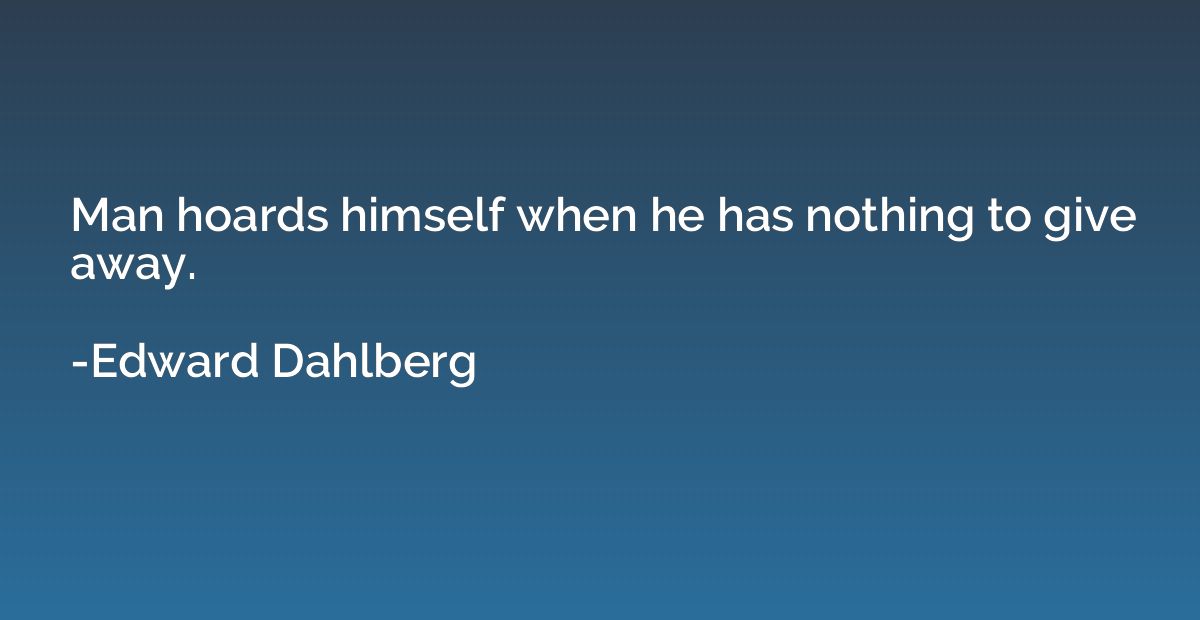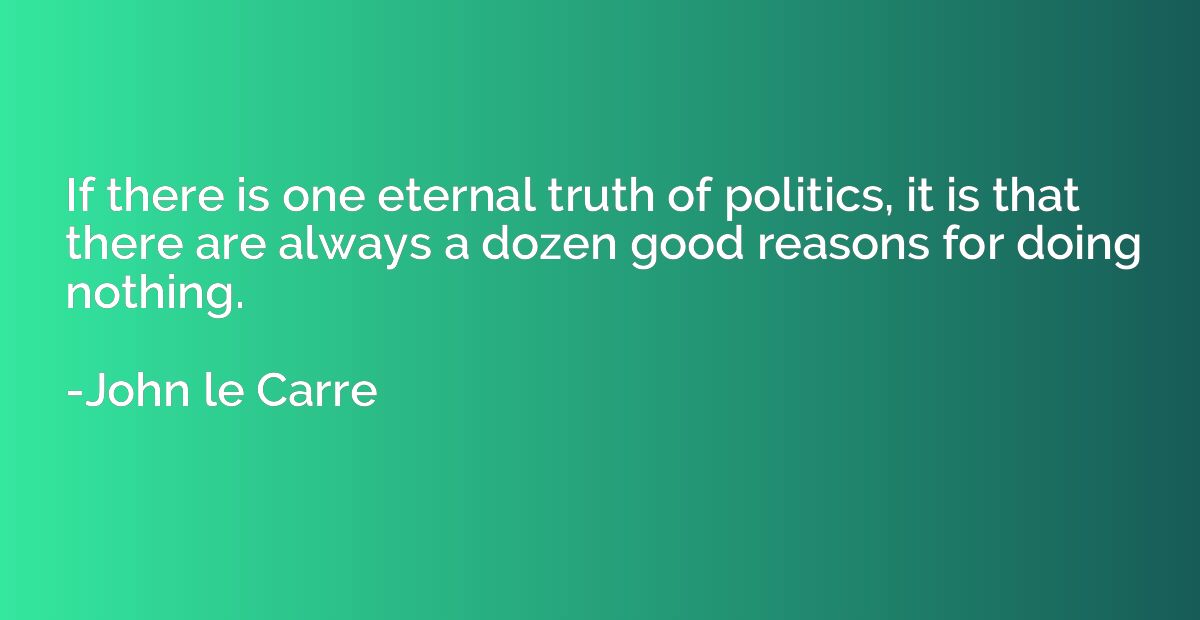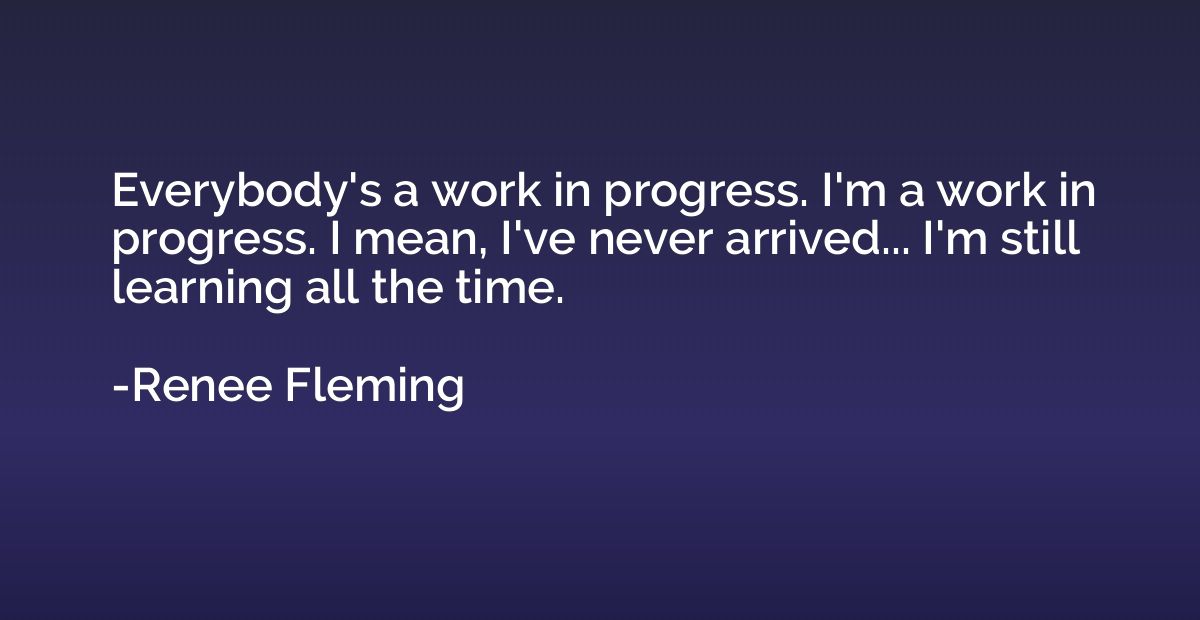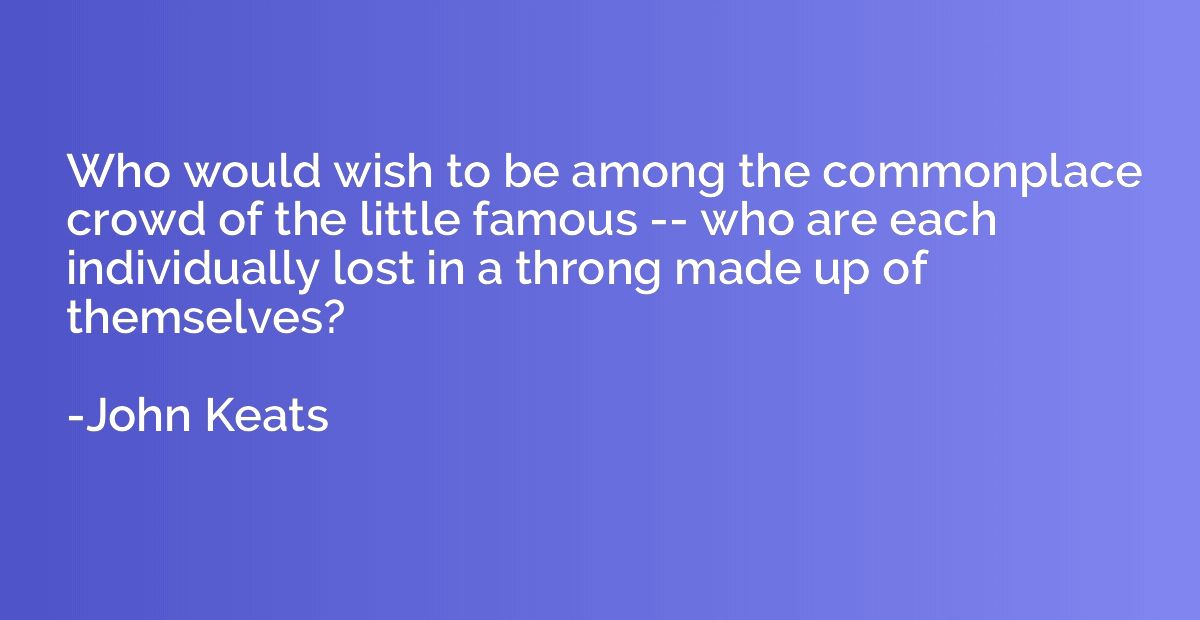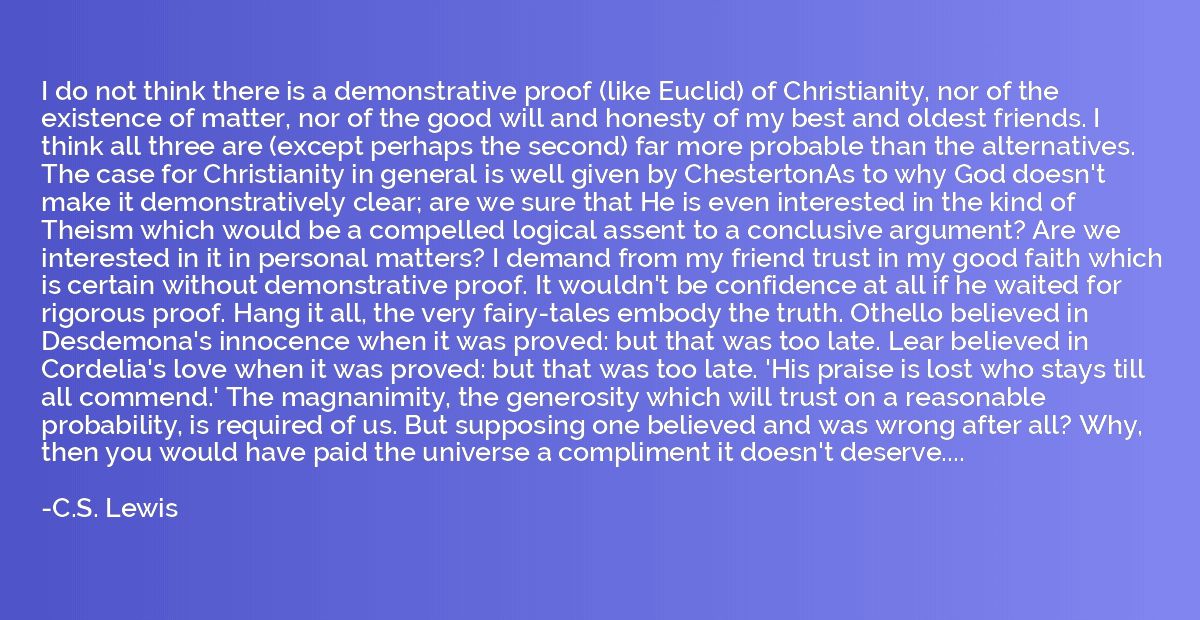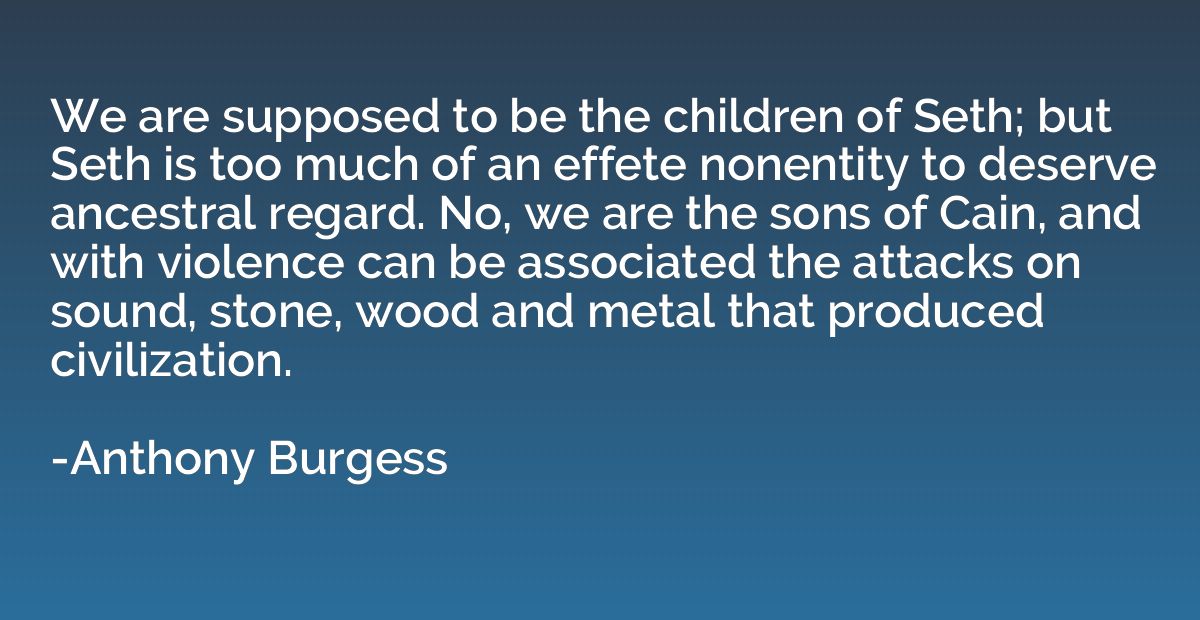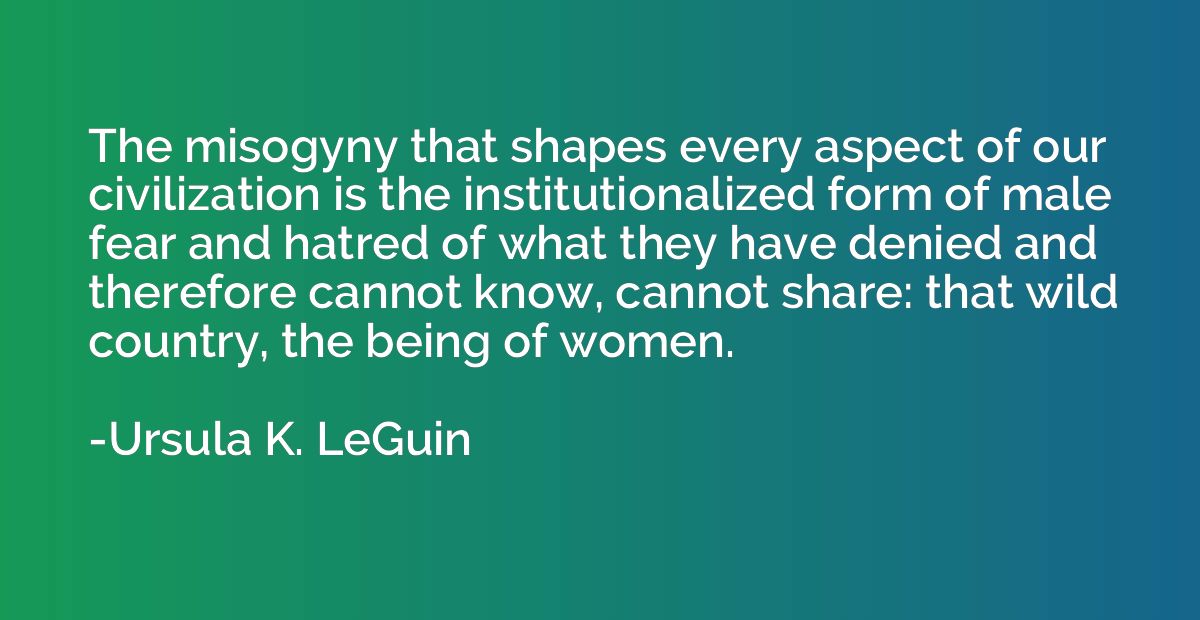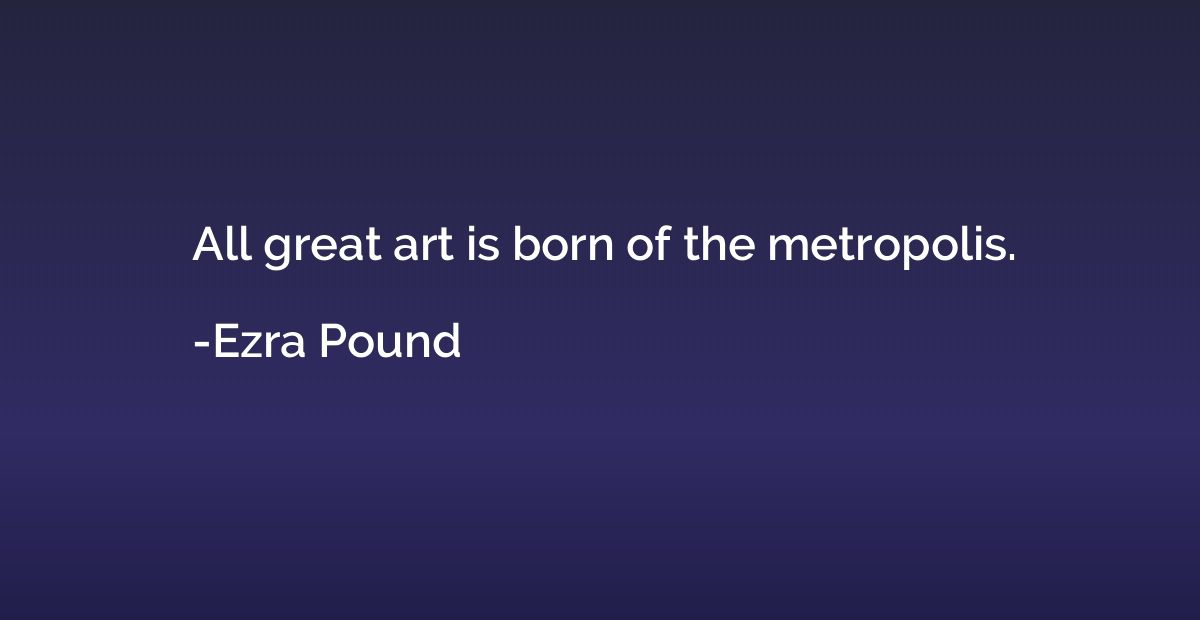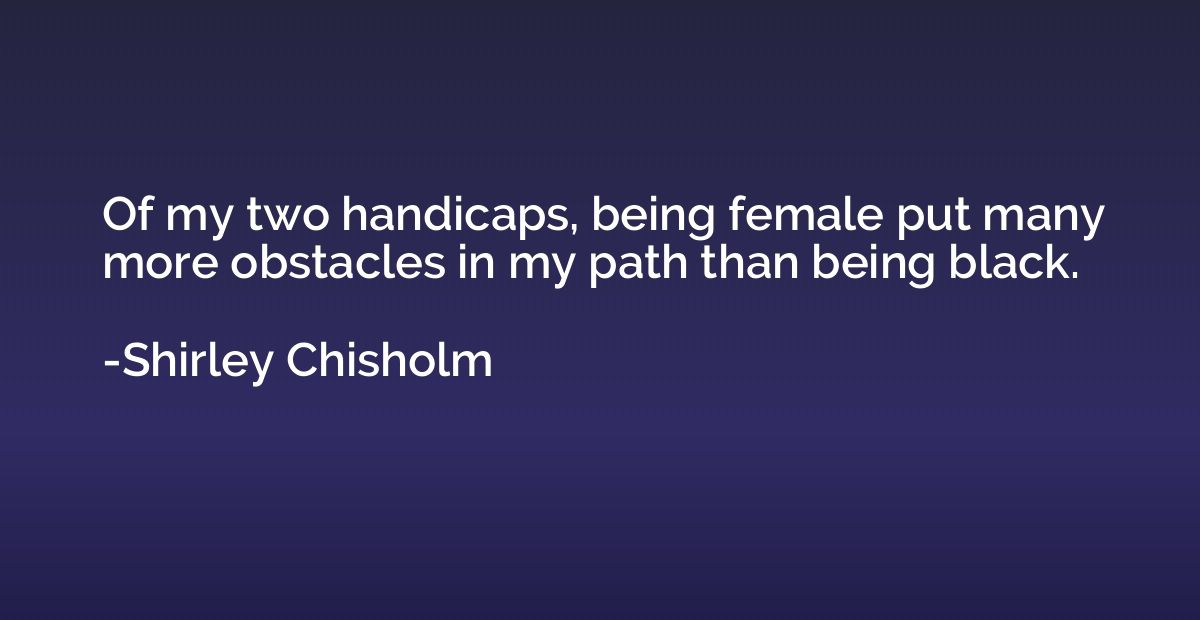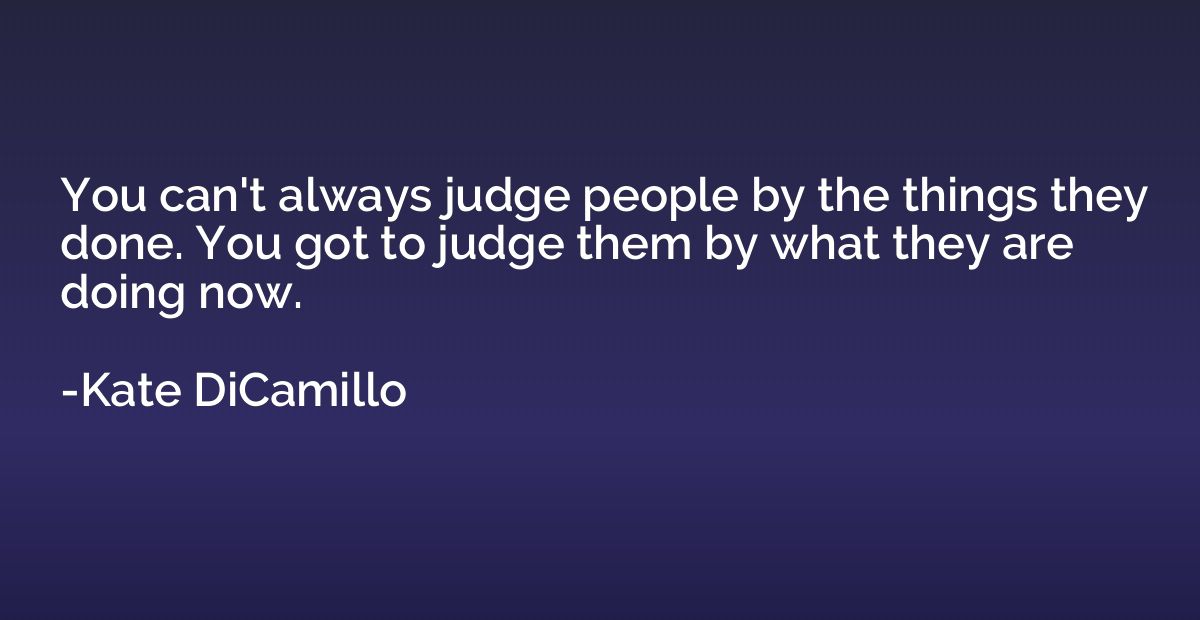Quote by Jonathan Safran Foer
Just about every children's book in my local bookstore has an animal for its hero. But then, only a few feet away in the cookbook section, just about every cookbook includes recipes for cooking animals. Is there a more illuminating illustration of our paradoxical relationship with the nonhuman world?
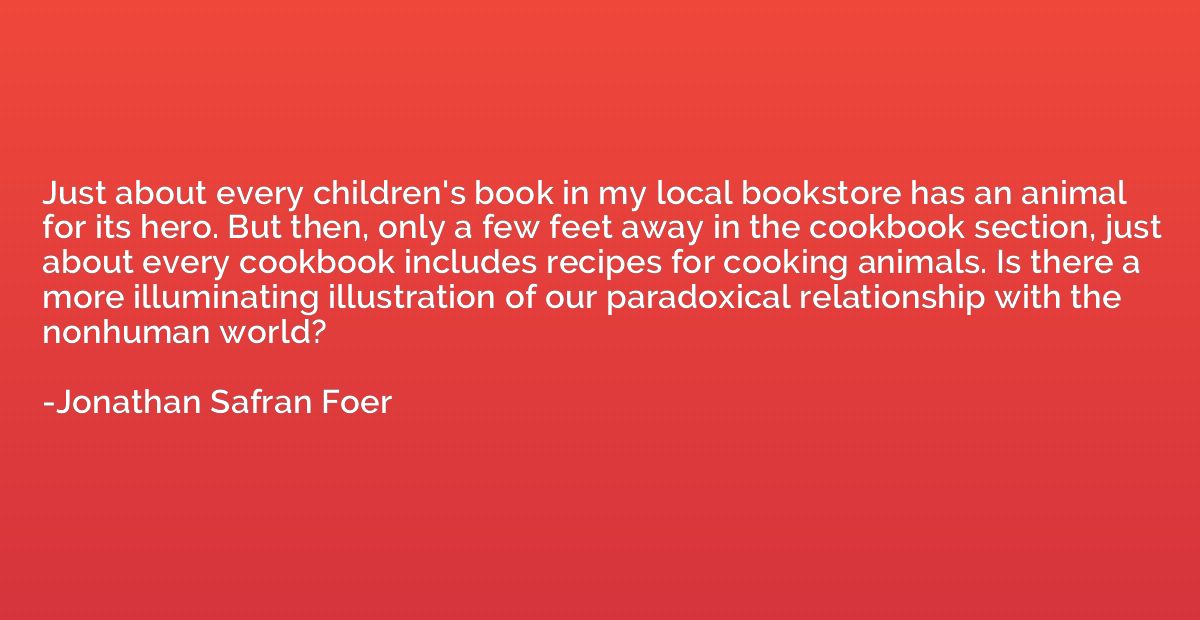
Summary
This quote highlights the paradoxical nature of our relationship with the nonhuman world. It remarks on the prevalence of children's books portraying animals as heroes, while simultaneously acknowledging the proximity of cookbooks offering recipes to cook animals. The quote suggests that this contrast underscores the contradictory attitude humans often have towards animals – on one hand, seeking to appreciate and anthropomorphize them, and on the other, seeing them as a resource for consumption. It serves as an illuminating illustration of the complexities and contradictions inherent in our relationship with the world of nonhuman creatures.



